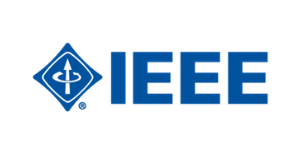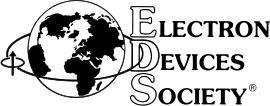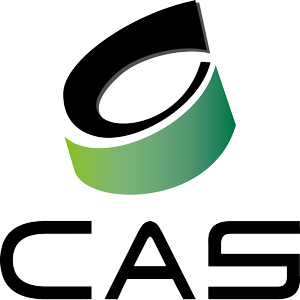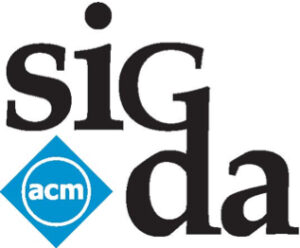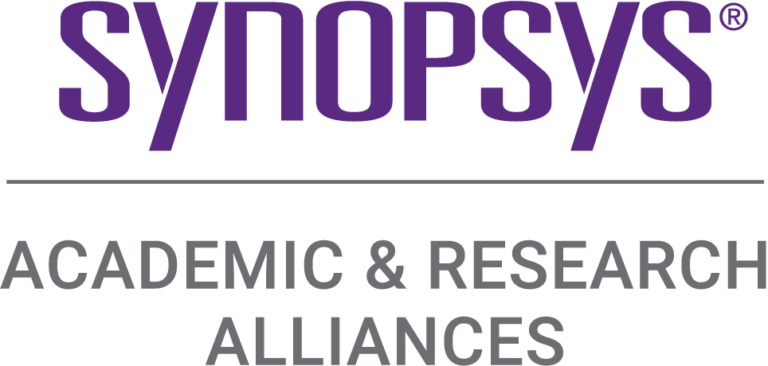ACM Student Research Competition at ICCAD 2022 ([email protected]’22)
Call for Abstracts
The ACM Student Research Competition is an internationally recognized venue enabling undergraduate and graduate students who are ACM members to:
1. Experience the research world — for many undergraduates, this is a first!
2. Share research results and exchange ideas with other students, judges, and conference attendees.
3. Rub shoulders with academic and industry luminaries.
4. Understand the practical applications of their research.
5. Perfect their communication skills.
6. Receive prizes and gain recognition from ACM and the greater computing community.
The ACM Special Interest Group on Design Automation (ACM SIGDA) is organizing such an event in conjunction with the International Conference on Computer-Aided Design (ICCAD). Authors of accepted submissions will receive a grant from ACM SIGDA to attend the event at ICCAD. The event consists of several rounds, as described at http://src.acm.org/ and http://www.acm.org/student-research-competition, where you can find more details on student eligibility and timeline. The first-place winner in the graduate category at [email protected]’20, Jiaqi Gu (the University of Texas at Austin), also won First Place in the 2021 ACM SRC Grand Finals!
Details on abstract submission: Research projects from all areas of design automation are encouraged. The author submitting the abstract must still be a student at the time the abstract is due. Each submission should be made on the SoftConf submission site (please find submission link below).
Please include:
1. The author’s name, affiliation, postal address, and email address.
2. Research advisor’s name; ACM student member number; category (undergraduate or graduate).
3. Research title; and an extended abstract (a maximum of 2 pages or 800 words in IEEETran, 10 pt, 2-column conference format, Overleaf Template) containing the following sections:
a. Problem and Motivation: This section should clearly state the problem being
addressed and explain the reasons for seeking a solution to this problem.
b. Background and Related Work: This section should describe the specialized (but pertinent) background necessary to appreciate the work. Include references to the literature where appropriate, and briefly explain where your work departs from that done by others. Reference lists do not count towards the limit on the length of the abstract.
c. Approach and Uniqueness: This section should describe your approach to
attacking the problem and should clearly state how your approach is novel.
d. Results and Contributions: This section should clearly show how the results of your work contribute to computer science and should explain the significance of those results. Include a separate paragraph (maximum of 100 words) for possible publication in the conference proceedings that serves as a succinct description of the project.
4. The reference page is excluded from the 2-pages content limit.
Single paper summaries (or just cut and paste versions of published papers) are inappropriate for the ACM SRC. Submissions should include at least one year worth of research contributions, but not subsume an entire doctoral thesis load. Note that this event is different from other ACM/SIGDA sponsored or supported events at DAC or ICCAD: YSSP brings together seniors and 1st-year graduate students at DAC, UBooth features demos from research groups, and DASS allows graduate students to get up to speed on lectures on design automation, while the Ph.D. Forum showcases post-proposal Ph.D. research at DAC, and the CADathlon allows graduate students to compete in a programming contest at ICCAD. The ACM Student Research Competition allows both graduate and undergraduate students to discuss their research with student peers as well as academic and industry researchers in an informal setting, enabling them to attend ICCAD and compete with other ACM SRC winners from other computing areas in the ACM Grand Finals. Grant recipients cannot receive financial support from any other ICCAD or ACM/SIGDA-sponsored program.
This year we plan to reserve as many as 5 poster session spots for undergraduate attendees to encourage their continuous investigation in the design automation field. The exact number is subject to the total undergraduates’ submissions as well as the quality of the works.
Submit a paper here: https://www.softconf.com/m/iccad2022-src/
If you face issues while creating an account on SoftConf, please send an email to [email protected] with a screenshot of the error message.
Important dates:
● Abstract submission deadline: 11:59 pm, AoE (Anywhere on Earth), August 27, September 3, 2022 (extended)
● Acceptance notification: September 24 October 3, 2022.
● Poster session at ICCAD: TBD.
● Presentation session at ICCAD: TBD.
● Award winners announced at ACM SIGDA Dinner: TBD.
● Grand Finals winners honored at ACM Awards Banquet: June 2023 (Estimated).
The Organizing Committee and the Co-Chairs will not grant any extension to the Abstract Submission Deadline under any circumstances.
Requirement: Students submitting and presenting their work at [email protected] must be members of both ACM and ACM SIGDA.
Co-Chairs:
Callie (Cong) Hao (Georgia Institute of Technology)
Debjit Pal (The University of Illinois at Chicago)


